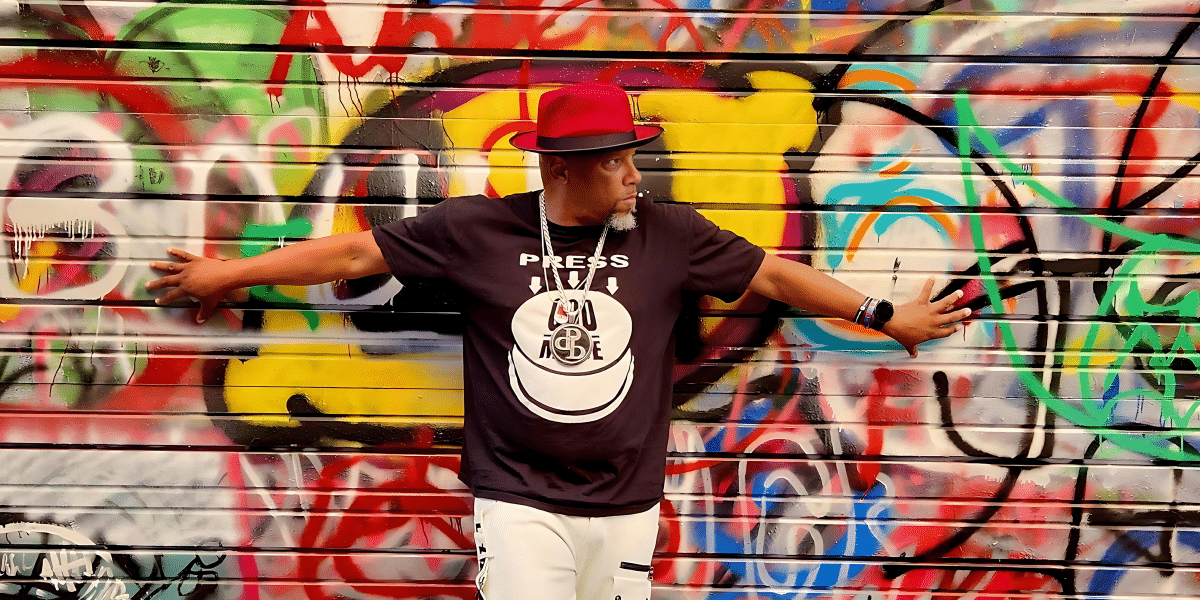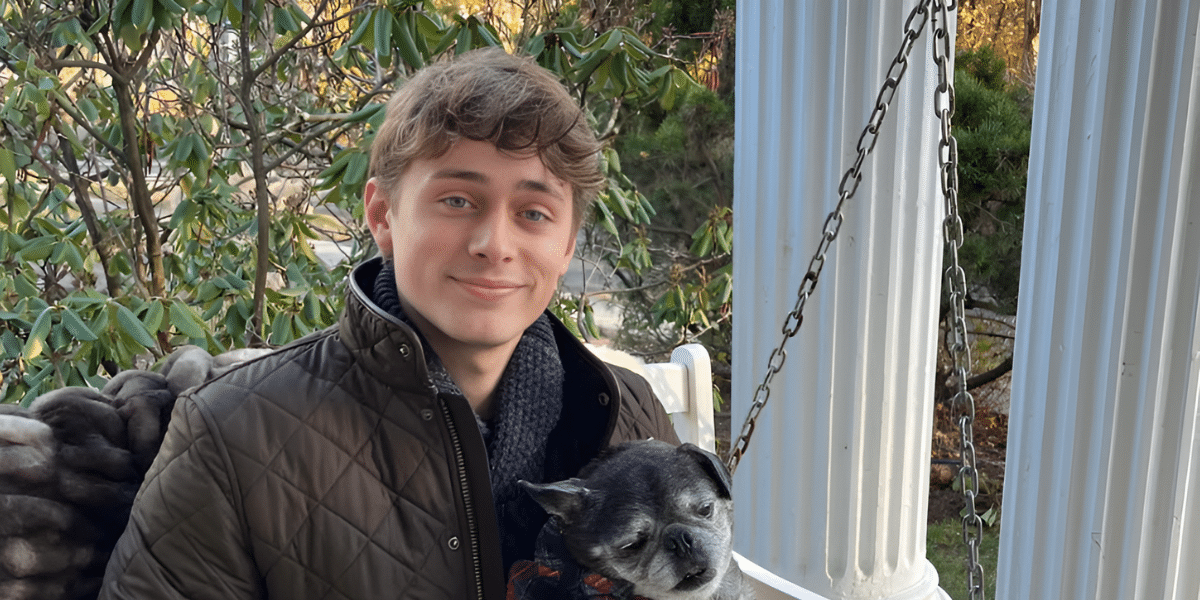Understanding the Dynamics of Influencer Impact
In the ever-evolving realm of digital marketing, influencers have become pivotal players, shaping consumer behaviors and brand preferences. Unveiling the psychology behind their influence is essential for businesses navigating the complex landscape of online marketing.
The influence wielded by social media personalities and content creators is a quest rooted in psychological triggers. As consumers increasingly seek authenticity, influencers offer a personalized connection that transcends traditional advertising. This article delves into the psychology that underlies the sway influencers hold over their audiences.
Building Trust through Authenticity
At the core of an influencer’s impact lies the ability to build trust. Unlike conventional advertising, influencers often present a more relatable and genuine persona. The quest for authenticity resonates with audiences who crave real, unfiltered connections in a digital landscape flooded with curated content.
Research indicates that consumers are more likely to engage with brands endorsed by influencers they perceive as authentic. This authenticity creates a unique bond, positioning influencers as trustworthy guides in the ever-evolving marketplace.
Social Proof and the Bandwagon Effect
The psychology of influence is intricately tied to social proof, a phenomenon where individuals follow the actions of others, assuming that these actions reflect correct behavior. Influencers, with their substantial following, provide a potent form of social proof.
The bandwagon effect comes into play as consumers join the ever-growing community of followers, influenced by the collective decisions of others. This dynamic creates a sense of belonging, fostering a connection that extends beyond the digital realm.
Leveraging Parasocial Relationships
In the digital age, influencers masterfully navigate the art of creating parasocial relationships. These one-sided connections, where audiences feel a personal bond with influencers, fuel the influencer’s impact. As consumers engage with an influencer’s content regularly, a sense of familiarity and intimacy develops, further solidifying the influencer’s sway.
Understanding the psychology behind parasocial relationships is crucial for businesses aiming to leverage influencer marketing effectively. By aligning their brand with influencers who resonate with their target audience, companies can tap into the power of these pseudo-personal connections.
The Role of Dopamine in Influencer Engagement
The neurological aspect of influencer influence involves the release of dopamine, a neurotransmitter associated with pleasure and reward. When audiences engage with influencer content, whether through likes, comments, or shares, the brain experiences a dopamine surge.
This neurobiological response creates a positive association with the influencer and their endorsed products or services. For businesses, strategically aligning with influencers who elicit high levels of engagement can amplify the impact of their marketing efforts.
Navigating the Regulatory Landscape
As businesses delve into influencer marketing, it is imperative to navigate the regulatory landscape with transparency and compliance. The Federal Trade Commission (FTC) guidelines mandate clear disclosure of paid partnerships between influencers and brands. Failure to adhere to these guidelines can result in legal repercussions and damage to the influencer’s credibility.
The psychology behind influencer influence is a multifaceted exploration of trust, social dynamics, and neurological responses. Businesses seeking to harness the power of influencers must navigate this landscape with a commitment to authenticity, transparency, and a deep understanding of the psychological triggers that drive consumer behavior in the digital age.







